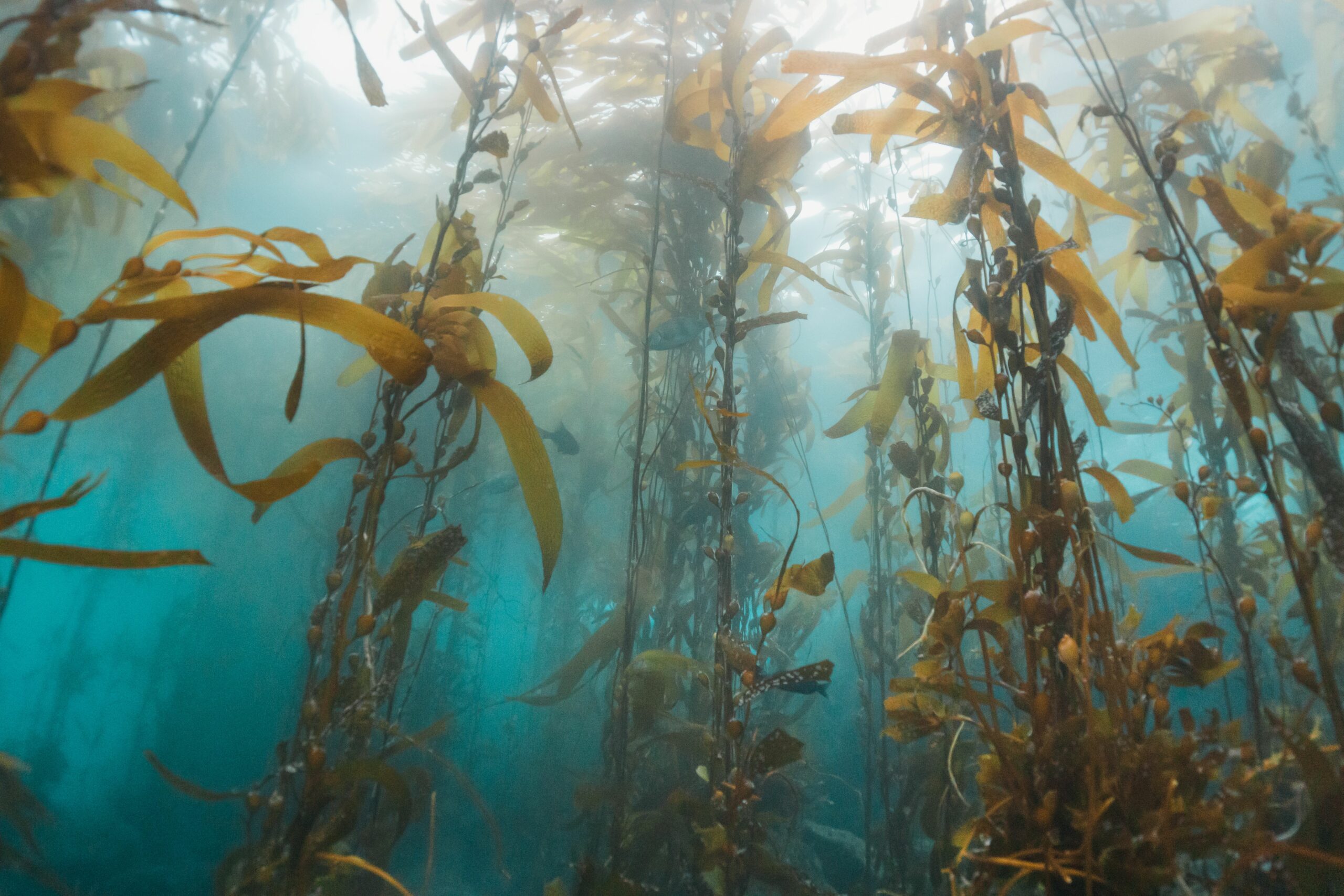(ANN/THE JAPAN NEWS) – In 2022, Japan recorded approximately 360,000 tonnes of “blue carbon,” denoting carbon dioxide absorbed and stored by seaweed and seagrass—a statistic the government intends to share with the United Nations.
This pioneering effort positions Japan as the first country globally to disclose this metric. The methodology developed involves assessing the absorption by specific types of seaweed and seagrass, such as wakame and eelgrass, along with considering the expanse of seaweed beds in coastal areas.
While nations address greenhouse gas reduction targets as a response to global warming, the reporting of CO2 absorbed by seaweed and seagrass to the United Nations has been unprecedented.
This is due to the absence of a standardised method for such calculations, highlighting a crucial aspect not previously accounted for in emissions reporting.
Japan is aiming to reduce its net emissions by 46 per cent compared to the fiscal 2013 level by fiscal 2030, and to achieve net zero emissions by fiscal 2050. Japan reports its latest figures to the United Nations annually.
According to the government, Japan’s blue carbon amounted to about 360,000 tonnes in fiscal 2022, equivalent to the annual CO2 emissions of about 140,000 households. The figure will be officially confirmed by an Environment Ministry panel of experts on January 22.
Most of the 47.6 million tonnes of CO2 absorbed by plants in Japan in fiscal 2021 came from forests.
As existing terrestrial forests are expected to decrease in the future as they age, some estimates predict blue carbon will account for 10 per cent of total carbon sequestration in 2030.
Taking advantage of the fact that Japan is surrounded by oceans, the ministry hopes to promote decarbonization through blue carbon, for example by creating kelp beds.



